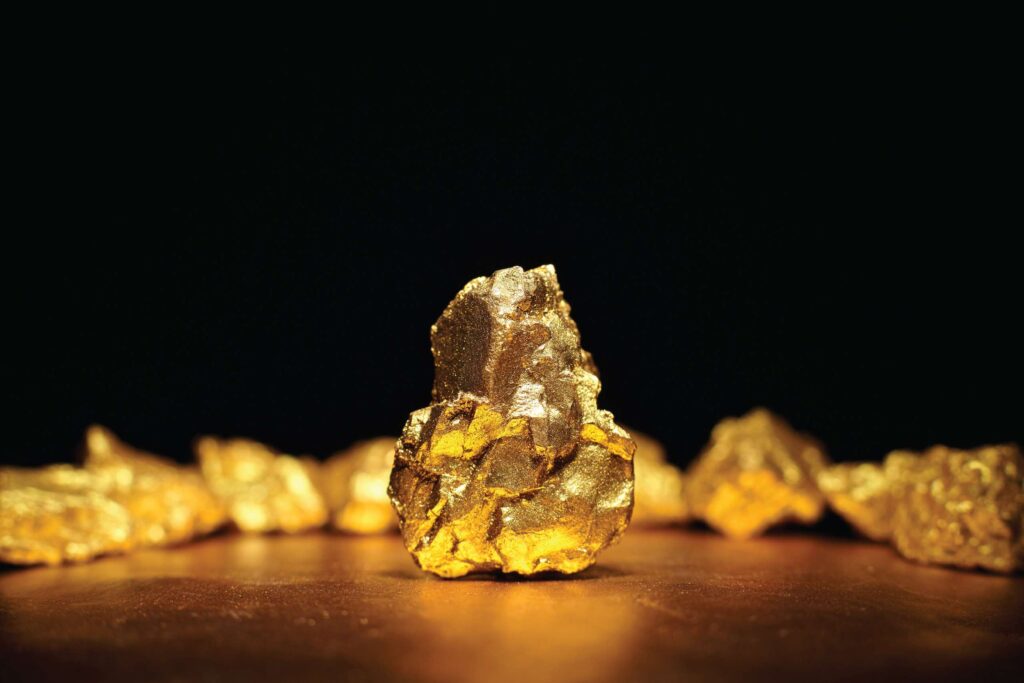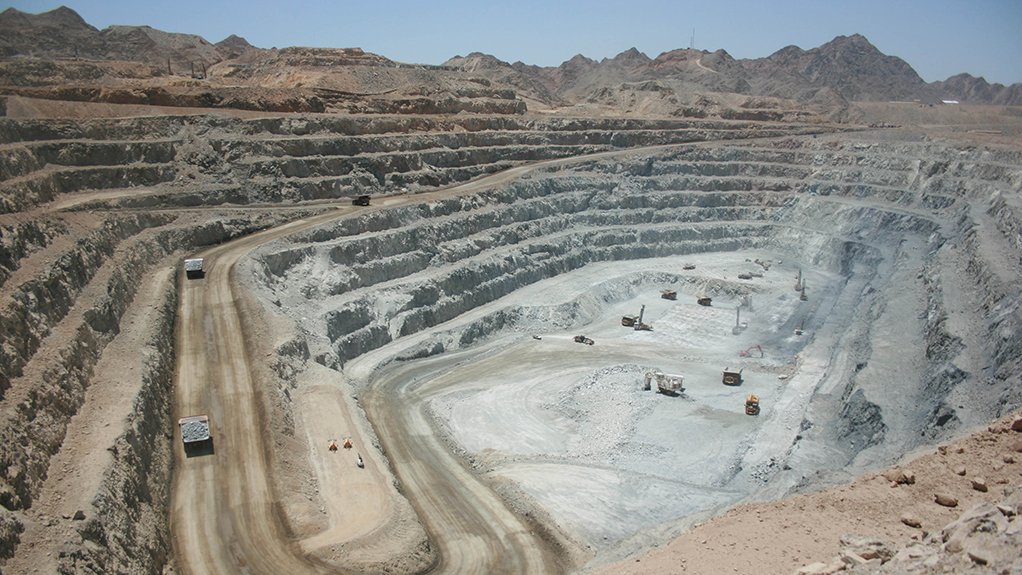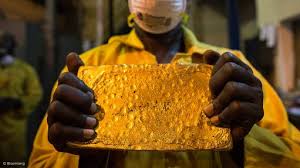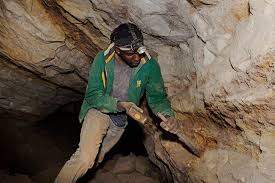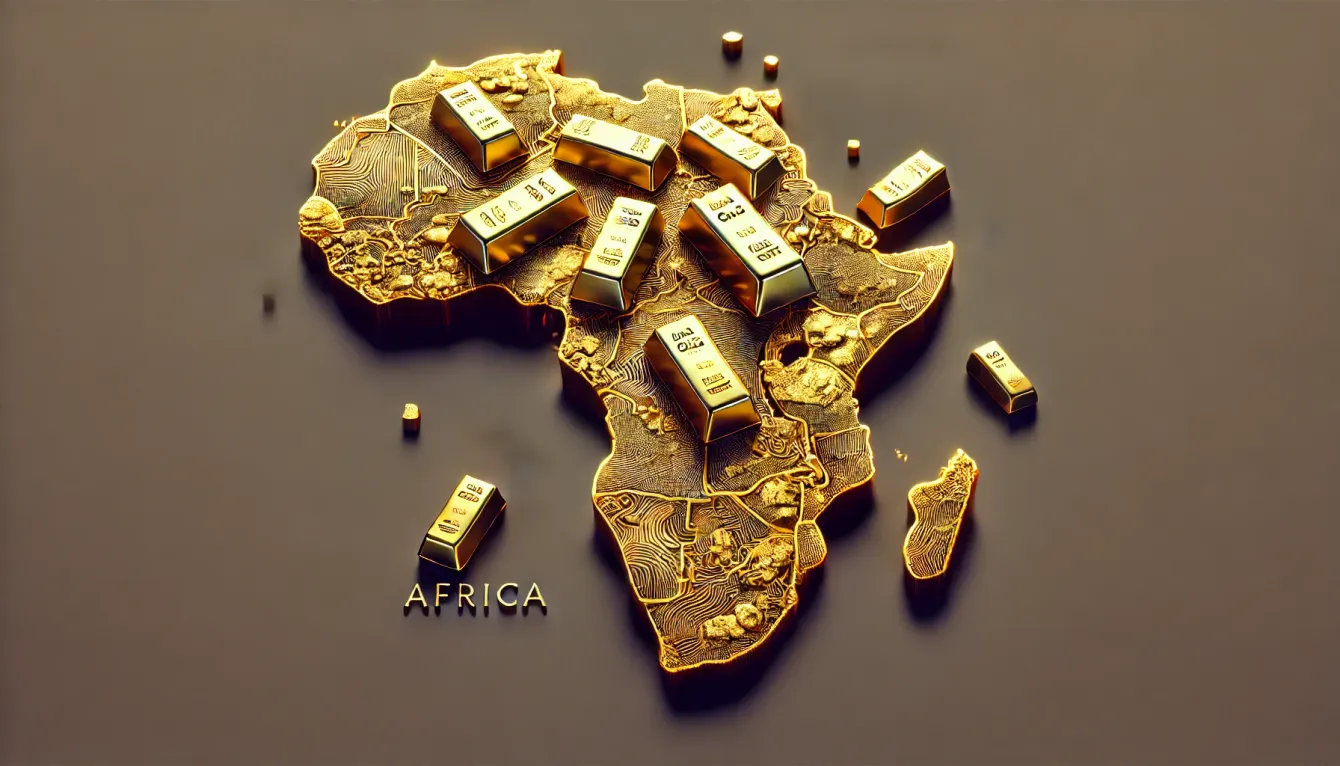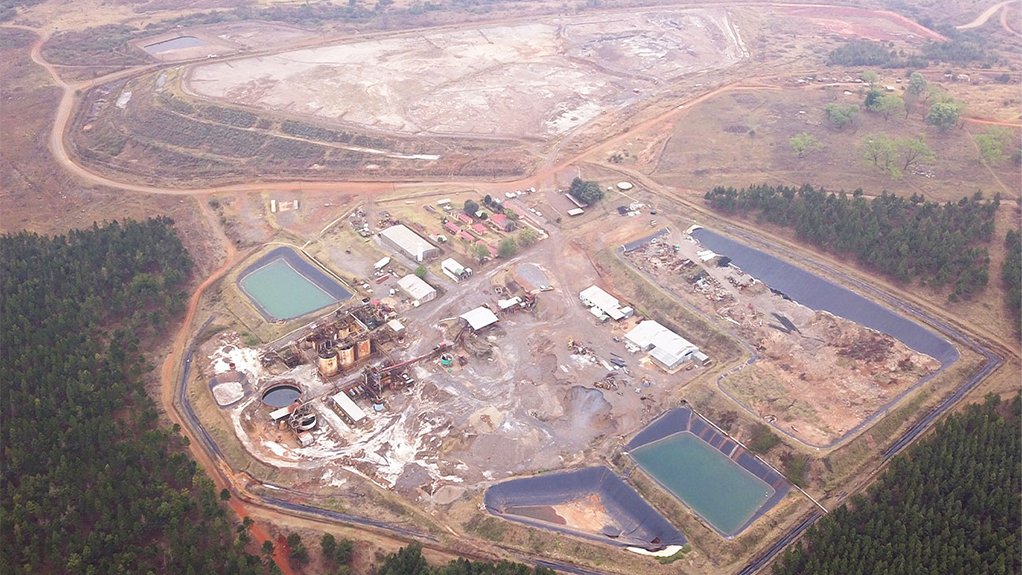Precious Metals

Ghana Takes Over Gold Fields’ Damang Mine as 30-Year Lease Expires
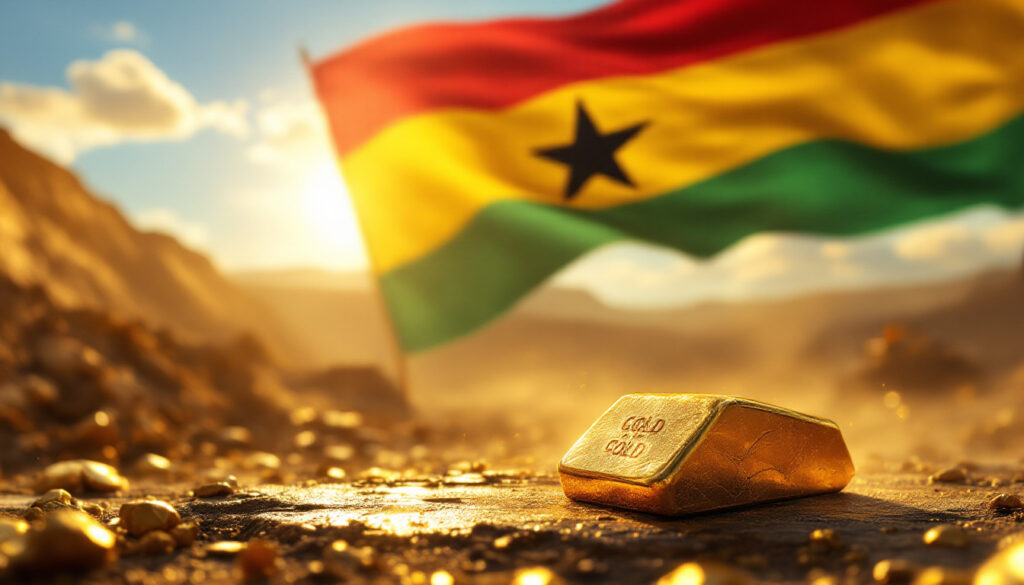
Ghana Takes Over Gold Fields' Damang Mine: Sovereignty and Resource Nationalism
In a significant shift that signals Ghana's growing resource nationalism, the West African nation has assumed control of Gold Fields Ltd.'s Damang mine following the expiration of the company's 30-year mining lease on April 18, 2025. This development represents a pivotal moment in Ghana's approach to managing its natural resources and reflects broader trends across mineral-rich African nations seeking greater control over their extractive sectors.
The Ghanaian government officially announced the takeover on April 16, 2025, just two days before the lease expiration. This move came after authorities rejected a renewal application from Abosso Gold Fields Ltd., the Johannesburg-based Gold Fields subsidiary that operated the mine. The decision aligns with what government officials describe as "a policy shift away from neo-colonial practices of automatic license renewals."
Ghana's gold production reached 4.02 million ounces in 2023, cementing its position as Africa's leading gold producer. Despite this impressive output, only 16% of the $6.6 billion in mineral revenue generated in 2024 remained within Ghana's economy, a statistic that has fueled calls for reform.
Mining analyst Ekow Dontoh observed, "This marks a pivotal moment in Ghana's resource governance, echoing continental sovereignty trends." The legal framework for this decision stems from Section 42 of Ghana's Minerals and Mining Act (2006), which mandates lease renegotiation upon expiration rather than automatic renewal.
What Happened to Gold Fields' Damang Mine in Ghana?
The Government Takeover The Ghanaian government's decision to take control of the Damang mine followed the expiration of Gold Fields' 30-year mining lease. Abosso Gold Fields Ltd., the company's local subsidiary, had submitted an application for lease extension, but Ghanaian authorities rejected it, citing a shift in national policy.
The mine, which produced 237,000 ounces of gold in 2024 (representing approximately 6% of Gold Fields' global output), employed 1,500 direct workers and supported an additional 3,000 contractors. This significant economic footprint made the government's decision particularly impactful for both the company and local communities.
Gold Fields CEO Chris Griffith expressed "disappointment" with the government's decision, pointing out that the company had invested approximately $350 million in the mine since 2015. These investments included significant infrastructure upgrades and exploration activities aimed at extending the mine's productive life.
Legal Basis for the Takeover
The takeover was legally executed under Ghana's mining legislation, specifically Act 703, which requires parliamentary approval for lease renewals. According to legal scholar Kofi Abotsi, "Automatic renewals conflicted with constitutional sovereignty clauses," providing the government with solid legal footing for its decision.
This action follows the precedent set in 2021 with the AngloGold Ashanti Obuasi mine renegotiation, where the government secured more favorable terms before allowing continued operations. The lease renewal process in Ghana involves multiple regulatory bodies, including the Minerals Commission and the Ministry of Lands and Natural Resources, with final approval required from Parliament.
The government characterized automatic renewals as "neo-colonial practices" that limit national sovereignty over natural resources. This framing reflects growing sentiment across Africa that colonial-era mining arrangements continue to disadvantage resource-rich nations through unbalanced agreements favoring foreign companies.
Why is Ghana Reclaiming Control of Its Mining Assets?
Resource Nationalism Trends
Ghana's decision to reclaim control of the Damang mine exemplifies a growing trend of resource nationalism across Africa's mineral-rich nations. Similar measures have been implemented in Zambia, which increased copper royalties in 2022, and Tanzania, which enacted comprehensive mining stocks guide reforms in 2017.
The 2024 Afrobarometer survey revealed that 78% of Ghanaians support increased state control in mining, indicating strong public backing for the government's approach. This popular support strengthens the political will to pursue policies that increase domestic benefits from natural resources.
Finance Minister Ken Ofori-Atta articulated the government's position, stating, "We must capture greater value from our finite resources." This sentiment reflects frustration that despite being Africa's leading gold producer, Ghana has not maximized the developmental benefits from its mineral wealth.
The Africa Mining Vision (2009), adopted by the African Union, provides a continental framework that defines neo-colonial practices in the mining sector and encourages member states to restructure mining agreements to ensure greater benefits for their citizens.
Economic and Political Motivations
Ghana's economic motivations for the takeover include increasing government revenue from mining operations. The disparity between mining's contribution to GDP ($6.6 billion in 2024) and the portion of revenue retained domestically (16%) highlights the potential economic gains from restructuring mining agreements.
New local participation rules mandate 30% Ghanaian equity in mining ventures, reflecting the government's determination to increase domestic stakeholders' involvement in the sector. This approach mirrors Botswana's successful 50/50 state-private joint venture model with De Beers, which has been lauded for maximizing national benefits from diamond mining.
The political dimensions cannot be overlooked. Resource sovereignty resonates strongly with voters across the political spectrum. By demonstrating assertiveness in managing national resources, the government strengthens its domestic political position while signaling to international investors that future agreements must more equitably distribute benefits.
FAQ: Ghana's Takeover of Gold Fields' Damang Mine
What is the Damang gold mine?
Damang is a significant gold mining operation in Ghana previously operated by Gold Fields Ltd. through its subsidiary Abosso Gold Fields Ltd. The mine produced 237,000 ounces of gold in 2024, employing 1,500 direct workers and 3,000 contractors across its operations.
The mine operated under a 30-year lease that expired on April 18, 2025. Over its operational lifetime, Damang contributed substantially to Ghana's position as Africa's leading gold producer, which reached 4.02 million ounces in 2023.
Why did Ghana reject the lease renewal application?
The government cited a policy shift away from automatic renewals of mining licenses, which it characterized as "neo-colonial practices." This position aligns with the African Union's Africa Mining Vision (2009), which encourages member states to restructure mining agreements to ensure greater benefits for their citizens.
According to legal scholar Kofi Abotsi, "Automatic renewals conflicted with constitutional sovereignty clauses," providing the government with legal justification for its decision. The lease renewal process requires parliamentary approval under Ghana's mining legislation, which was not secured in this case.
What precedents exist for similar government actions in the mining sector?
Several African nations have recently revised mining codes and agreements. Zambia increased copper royalties in 2022, Tanzania enacted comprehensive mining law reforms in 2017, and Namibia implemented critical minerals export restrictions in 2023.
Resource nationalism has manifested globally in various forms, with Venezuela's nationalization of gold mines and Argentina's 2012 takeover of YPF providing examples of more aggressive approaches. The latter resulted in years of international arbitration before compensation was awarded.
How might this affect other mining operations in Ghana?
The Damang takeover creates significant uncertainty for companies approaching lease renewals. Mining FDI in Ghana decreased by $200 million in Q1 2025 as investors reassessed the country's risk profile.
S&P Global Ratings warned that "heightened regulatory risks may impact sector creditworthiness," potentially increasing financing costs for mining operations in Ghana. Companies may need to incorporate stronger community development components and increased local participation to secure future approvals.
The government's implementation of new local participation rules mandating 30% Ghanaian equity in mining ventures signals that all mining agreements will face more stringent review processes rather than routine renewals. Furthermore, this approach highlights the importance of understanding market dynamics and governance challenges when investing in mining operations, especially in regions experiencing shifts in resource management policies and global commodities insights.
Looking for the Next Major Mineral Discovery to Invest In?
Stay ahead of the market with Discovery Alert's proprietary Discovery IQ model that provides real-time alerts on significant ASX mineral discoveries before they make headlines. Visit our discoveries page to see how early identification of major mineral finds has historically generated substantial returns for informed investors.




